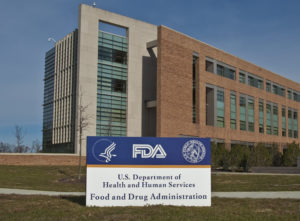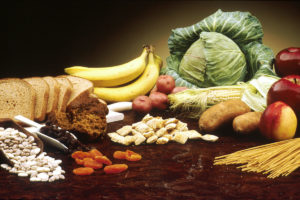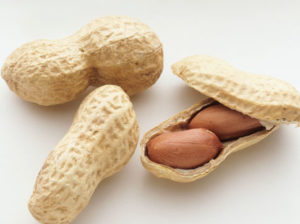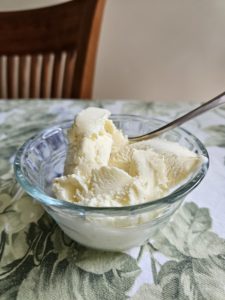
Well, well, well... finally the US Food and Drug Administration (FDA) is finally proposing banning a food additive that has long been banned in other countries, including the European Union, Japan, and India. The ingredient is brominated vegetable oil, which was added to many fruit flavored sodas to keep the ingredients from separating.
Brominated vegetable oil has been used as an emulsifying agent since the 1920s. The big name brands of Gatorade, Fresca and Mountain Dew have been slowly phasing it out in the last decade. But smaller brands, such as Sun Drop, still contain the ingredient. California already passed legislation banning the ingredient last month (it'll go into effect in 2027).
Studies find that brominated vegetable oil is toxic to the thyroid, and that it can be harmful to the liver, heart, and cause neurological problems. It builds up in human tissues. By the way, to make brominated vegetable oil - bromine, an element used in fire retardants, is added to vegetable oil.
In other words, it has been known for years that the additive is harmful, yet the FDA wasn't "convinced" till recently. Yikes!
Excerpts from NPR: The FDA proposes banning a food additive that's been used for a century
The U.S. Food and Drug Administration is considering banning brominated vegetable oil, a food additive that was recently deemed unlawful to use in California because of its potentially harmful effects on human health. ...continue reading "The FDA Is Finally Proposing Banning Brominated Vegetable Oil"

 Over the years I've received many questions about vegan versus kimchi that contains seafood. Are the microbes in the kimchi the same?
Over the years I've received many questions about vegan versus kimchi that contains seafood. Are the microbes in the kimchi the same?
 Many consumers don't realize it, but some (many?) of the countries that flood the US market with "organic" foods are actually committing fraud. The so-called organic foods are not organic, but are conventionally grown and the documents saying they are organic have been purchased for a price.
Many consumers don't realize it, but some (many?) of the countries that flood the US market with "organic" foods are actually committing fraud. The so-called organic foods are not organic, but are conventionally grown and the documents saying they are organic have been purchased for a price. There is tremendous interest in how to live a long and healthy life. This means trying to avoid getting diseases that so many suffer from as they age, such as diabetes, heart disease, and dementia. What diets are best? What kind of lifestyle?
There is tremendous interest in how to live a long and healthy life. This means trying to avoid getting diseases that so many suffer from as they age, such as diabetes, heart disease, and dementia. What diets are best? What kind of lifestyle? There has been tremendous interest in the past decade over the best diet and lifestyle for aging well and living to a ripe old age. Author Dan Buettner has spent much of the past decade visiting communities around the world where there are many residents who live to 100 years or more, and in good health. He calls these communities blue zones.
There has been tremendous interest in the past decade over the best diet and lifestyle for aging well and living to a ripe old age. Author Dan Buettner has spent much of the past decade visiting communities around the world where there are many residents who live to 100 years or more, and in good health. He calls these communities blue zones.
 In the
In the  There is nothing so refreshing as some cold ice cream on a hot summer day. But rather than viewing it as a guilty pleasure, research actually finds that it has health benefits!
There is nothing so refreshing as some cold ice cream on a hot summer day. But rather than viewing it as a guilty pleasure, research actually finds that it has health benefits! Once again research finds that drinking sugar sweetened soft drinks or fruit drinks (not juices) is unhealthy. This time
Once again research finds that drinking sugar sweetened soft drinks or fruit drinks (not juices) is unhealthy. This time 